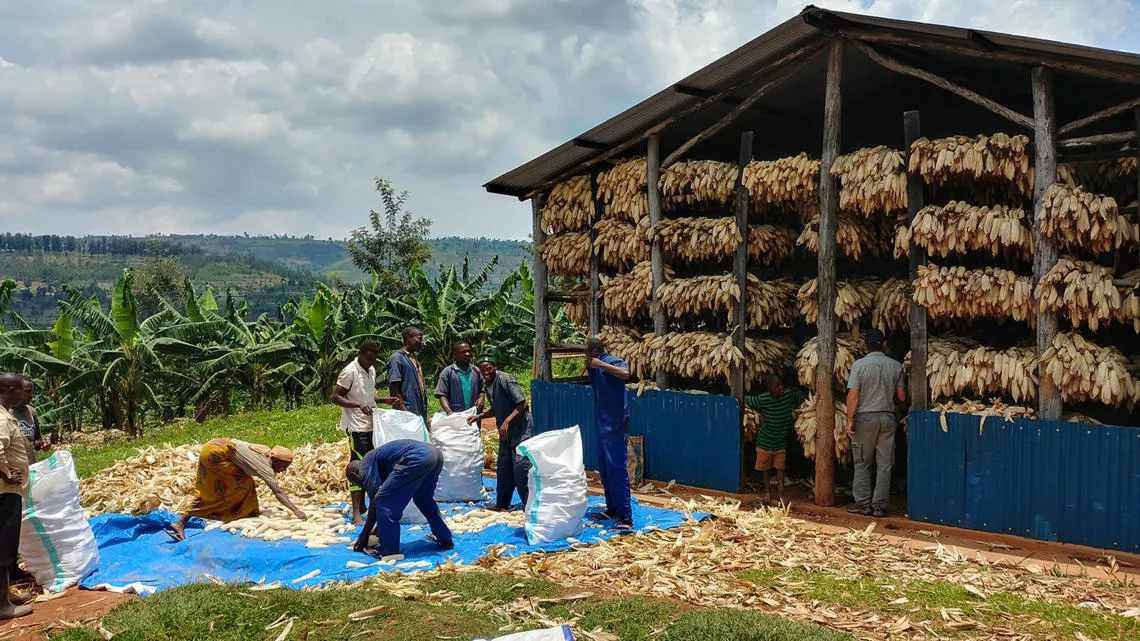Africa Improved Foods (DSM)
Published: September 1, 2020

Description
Africa Improved Foods (AIF) is an African social enterprise addressing the food challenges facing Africa by building resilient food systems through local and regional sourcing, manufacturing and selling of nutritious, affordable and accessible products. AIF manufactures in Rwanda and sells to Tanzania, Kenya, South Sudan, Rwanda and Uganda. It aims to scale this model further across Africa. AIF products include mineral and vitamin-rich porridge for the local population, especially pregnant women and those who are breastfeeding, as well as children. AIF has furthermore established logistics to source from African farmers to create jobs throughout the agricultural value chain, either directly, indirectly or induced.
Partners involved
A public-private partnership between Royal DSM, the Rwandan government, International Finance Corporation (IFC), FMO (a Dutch development bank), and CDC (the UK’s development finance institution).
Impact
AIF launched in 2016 in Rwanda and it is reaching over 1.6 million people per year on a daily basis. AIF is contributing over USD$1 billion in discounted net incremental benefits to the African economy,* created over 300 direct jobs, and sourced from over 130,000 smallholder farmers. Over the past 3 years AIF has grown to around USD $50 million in revenues and has proven that this model can be profitable while contributing to SDG 1 (No Poverty), SDG 2 (Zero Hunger) and SDG 13 (Climate Action).
Barriers
Market creation for available, affordable and aspirational, nutritious, safe and healthy food is one of the main barriers, together with raw material sourcing, including assuring the quality of locally produced crops (e.g., high aflatoxin levels in maize). AIF, together with its partners, addresses the issue of aflatoxin contamination, a major cause of liver damage, through an improved value chain approach of post-harvest interventions for farmers (e.g., free maize shelling services at centralized facilities).
*Net present value of total incremental revenue (Includes direct, indirect, and induced) to Rwanda (~USD $750 million) and wider East Africa region (~USD $250 million) over the 2016 – 2031 period.
